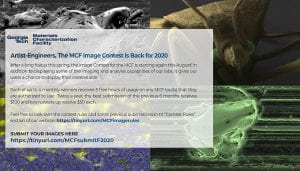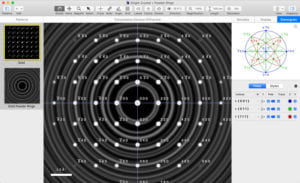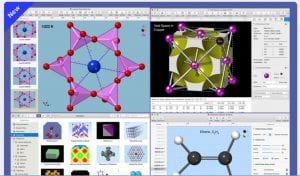Dear User,
Thank you for your past support of the MCF. Research efforts at Georgia Tech are scheduled to resume in phases beginning on June 18th, and our core facilities are ready to return to operation after significant adaptations to the new norms for hygiene and social distancing.
To comply with the Georgia Tech COVID-19 task force recommendations, we have made changes to our previous operating procedures. They are briefly outlined below and detailed in the attached document.
Social distancing: Lab occupancy, ingress/egress, and tool utilization will be managed by staff, software (SUMS), and physical layout to achieve social distancing by reducing user density.
o Until further notice, all tool usage should be by individuals – no pairs or larger groups.
o In lab facilities, rooms are single-occupancy unless otherwise noted.
o Unfortunately, there will be no in person training for new users until further notice. The staff is working to create video and remote options for training.
Limited access: Until further notice – but for Phase 1 of the ramp-up at a minimum – the labs will not be open 24/7.
o MCF open times are M-F 8:00 am – 10:00 pm and Sat/Sun 10:00 am – 4:00 pm. See attachment for detailed schedules.
o SUMS will automatically limit access – scheduled and operational – to some tools in order to maintain proper user density.
PPE wear: There are new MCF requirements for PPE in the IEN and IMat facilities.
o Gloves and a surgical – not cloth – mask are required in lab spaces.
o There will be increased access to cleaning and hand hygiene supplies.
We are all making our way through this uncharted territory – together.
The staff of the MCF are taking on new cleaning and monitoring duties while also working extended hours and on weekends. At the same time, we understand that returning researchers have lost 3 months of productivity and are under great pressure to make up for lost time.
We have worked hard to create – and have long enjoyed – a positive working relationship between and among the staff and the researchers in our facility. More than ever we will be depending on this culture of mutual understanding and respect to make this re-opening go smoothly.
If you have any questions, concerns, or problems then please reach out to a staff member or the facility manager.
Sincerely,
The IEN and IMat Leadership
MCF New Procedures-Draft3 – final




